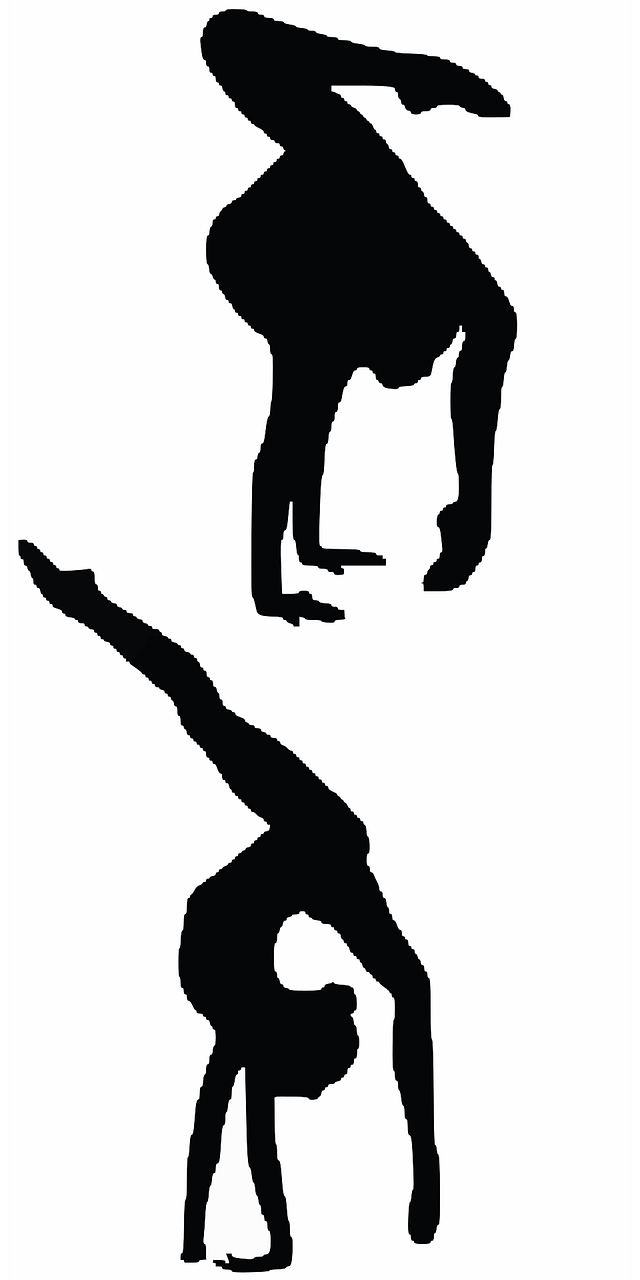Mastering Gratitude: Expressing Thanks in English for a Better Life
In the hustle and bustle of our daily lives, we often overlook the simple yet profound act of expressing gratitude. It's not just a courteous gesture, but a powerful tool that can transform relationships, boost happiness, and cultivate a sense of well-being. As a life达人, I've found that mastering the art of thanking others in English opens doors to deeper connections, enhances communication, and fosters a culture of appreciation. Today, let's delve into the nuances of gratitude and how to convey it effectively in English.
Firstly, it's important to understand that there are various ways to express thanks in English, each tailored to different situations and relationships. For casual friends or acquaintances, a simple "Thank you" or "Thanks a lot" suffices. However, for more formal settings, it's beneficial to use "I am grateful for your help" or "Your kindness is greatly appreciated." In business interactions, acknowledging someone's contribution with "Many thanks for your dedication" or "Your efforts are truly recognized" conveys professionalism and respect.
When it comes to showing gratitude for a specific action, be precise. For instance, instead of saying "Thanks for the gift," say "I am so touched by the thoughtful present you gave me." This specificity not only communicates the depth of your appreciation but also demonstrates that you truly value the effort put into selecting the item.
Moreover, expressing gratitude in the form of a heartfelt compliment is another effective way to convey appreciation. Instead of simply saying "You did a good job," try "Your hard work and attention to detail really made a difference." This adds warmth and sincerity to your expression of gratitude.
Don't underestimate the power of small acts of gratitude. Saying "Have a great day" or "Enjoy your meal" can brighten someone's mood, and acknowledging the little things like "I noticed you cleaned up after everyone" shows that you pay attention to the details.
In addition to verbal expressions, non-verbal gestures play a significant role in conveying gratitude. A genuine smile, a warm hug, or a pat on the back can communicate your appreciation without words. And remember, sometimes, a heartfelt note or card can go a long way in expressing gratitude, especially when it's unexpected.
It's also crucial to practice gratitude regularly. Make it a habit to thank those who contribute to your life, whether it's a friend who listens to your troubles, a family member who supports you, or a coworker who helps with a project. The more we express gratitude, the more we train ourselves to recognize the good in our lives.
Furthermore, gratitude has been scientifically proven to have numerous benefits, including reducing stress, improving mental health, and enhancing overall well-being. By incorporating gratitude into our daily lives, we create a positive feedback loop of kindness and appreciation that enriches not only our personal lives but also the lives of those around us.
In conclusion, mastering the art of expressing gratitude in English is a skill that can elevate every aspect of our interactions with others. Whether through simple phrases, thoughtful gestures, or heartfelt notes, gratitude has the power to foster stronger connections, promote positivity, and create a ripple effect of happiness. So, the next time you find yourself overwhelmed with appreciation, take a moment to express it in English, and watch how it transforms not just your life, but the lives of those who receive your kind words.








